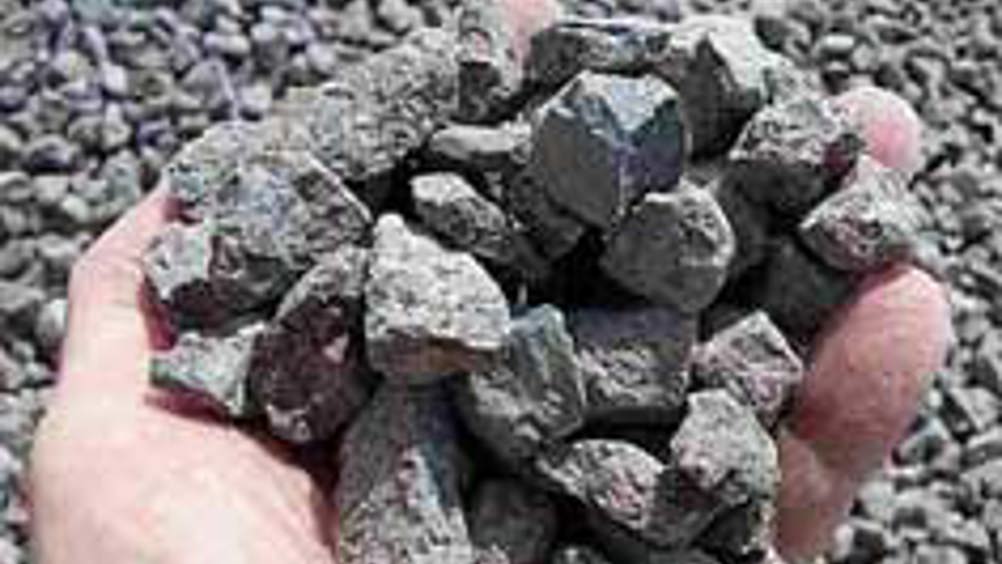Sensing concrete corrosion
Researchers at City University London have secured £210k in funding from the Engineering and Physical Sciences Research Council (EPSRC) to explore the commercial potential of a novel sensor system to monitor the early signs of concrete corrosion, which could reduce expensive, long-term maintenance costs.

The project, entitled ’Advanced corrosion monitoring for marine and civil infrastructure - bringing new technology closer to market’, will build upon previous EPSRC-funded research.
That work developed durable, in-situ sensors to measure the key parameters related to concrete corrosion - pH, chloride and humidity - in highly alkaline environments, where existing sensors have shown limitations in terms of sensing range and operational lifetime. Such environments include hostile marine atmospheres, locations in which de-icing salts are often used, or areas with high-sulphate ground conditions.
The research will be led by City’s Tong Sun, professor of Sensor Engineering, and Prof Ken Grattan, conjoint dean of the School of Engineering and Mathematical Sciences and the School of Informatics, who will work with Dr Su Taylor, a senior lecturer in Structural Engineering at Queen’s University Belfast.
’Our work promises to provide industry with access to improved data on concrete corrosion, enabling timelier and more cost-effective maintenance of buildings in harsh environments, such as marine structures or railway bridges,’ said Sun.
Register now to continue reading
Thanks for visiting The Engineer. You’ve now reached your monthly limit of news stories. Register for free to unlock unlimited access to all of our news coverage, as well as premium content including opinion, in-depth features and special reports.
Benefits of registering
-
In-depth insights and coverage of key emerging trends
-
Unrestricted access to special reports throughout the year
-
Daily technology news delivered straight to your inbox










UK Enters ‘Golden Age of Nuclear’
The delay (nearly 8 years) in getting approval for the Rolls-Royce SMR is most worrying. Signifies a torpid and expensive system that is quite onerous...